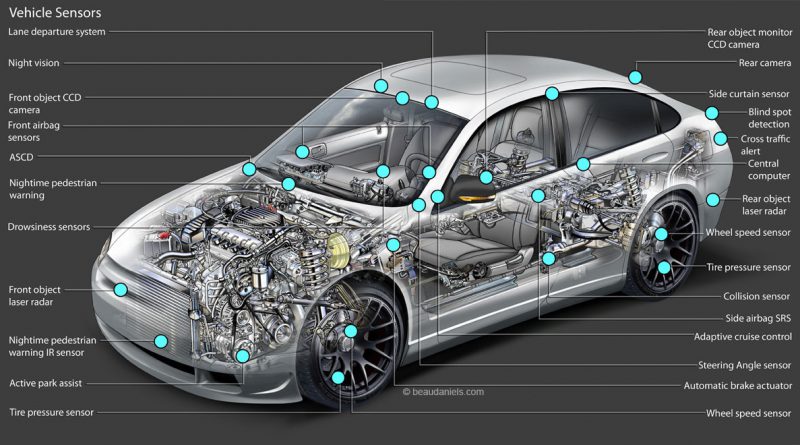
Today’s modern automobiles have a variety of sensors. They built into their engine to ensure that the owner can identify and prevent possible issues before they result in breakdowns can result in expensive repairs. These automobile engine sensors also ensure that the vehicle is operating at its most efficient. Many owners are not even aware of the amount of sensors built into their automobiles engine and what value they add. This is the list of main car sensors and their functions compiled by Car From Japan‘s auto expert.
Contents [hide]
The Mass Air Flow Sensor (MAF)
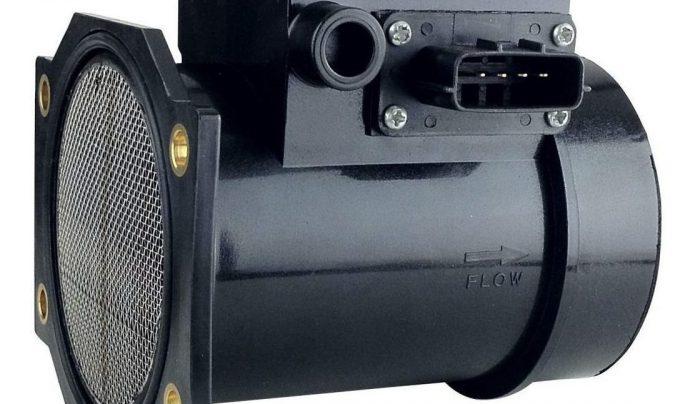
From different types of sensors used in cars, The Mass Air Flow Sensor (MAF) is a computer-controlled sensor that calculates the volume and density of the air taken in by the engine. This in turn ensures the right amount of fuel is used for optimized operating conditions. If this sensor is faulty, the car may stall and the fuel usage will be higher than necessary.
The Engine Speed Sensor
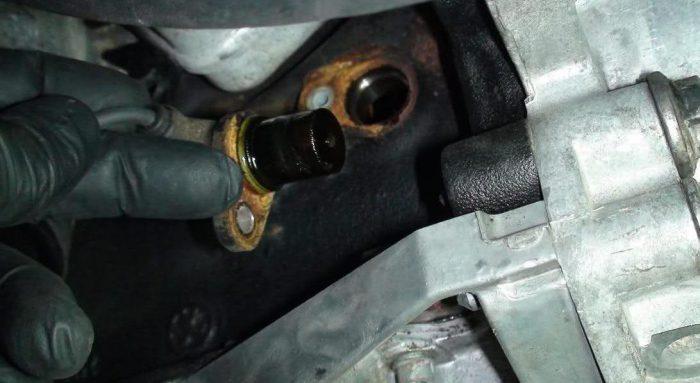
The Engine Speed Sensor is attached to the crankshaft and monitors the spinning speed of the crankshaft, which controls the fuel injection and timing of the engine. There are many ways for car engine to stop suddenly, and this sensor will prevent that for drivers.
>> Best deals for you: Subaru Impreza 2011 for sale, Toyota RAV4 2006 for sale
Oxygen Sensor
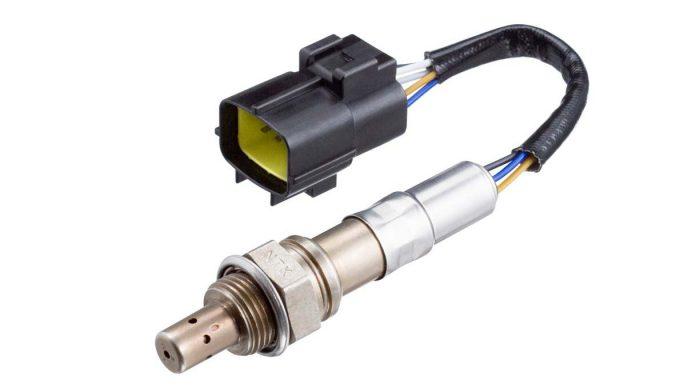
The Oxygen sensor measures the amount of unburden oxygen that is present in the exhaust pipe and will indicate if the fuel is burning rich or lean. A faulty oxygen sensor will cause the car to idle poorly and jerk as well as cause high fuel consumption.
Manifold Absolute Pressure Sensor
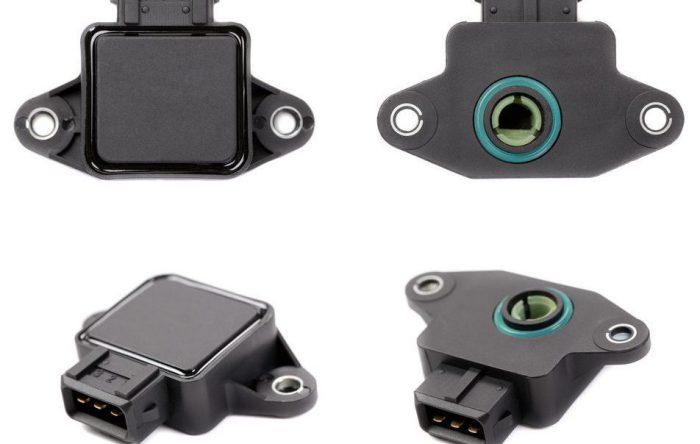
A Manifold Absolute Pressure Sensor, or MAP, senses the engine load. As it is mounted on the intake manifold it can measure the difference between the intake manifold pressure and outside. This is important for the engine to be able to adjust the fuel injection based on the change in pressure.
Spark Knock Sensor
A spark knock sensor ensures that the fuel is burning smoothly and not detonating (exploding erratically). Detonation can cause the head gasket to fail, piston lands to crack and rings to break, as well as possible rod bearing damage.
Watch the video to understand more about common car sensors and their function.
Fuel Temperature Sensor
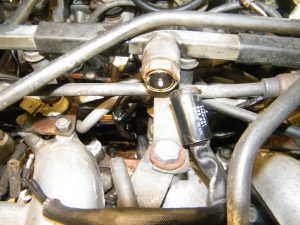
The Fuel Temperature Sensor is another sensor that ensures your cars fuel consumption is at its most efficient. The colder the fuel is the more dense and the slower it burns while when the fuel is warm is burns faster. There are many car parts will get damaged when the car runs out of fuel, so this sensor ensures that the right amount of fuel is injected to keep the vehicle running smoothly while being as efficient as possible.
SEE MORE:
Voltage Sensor
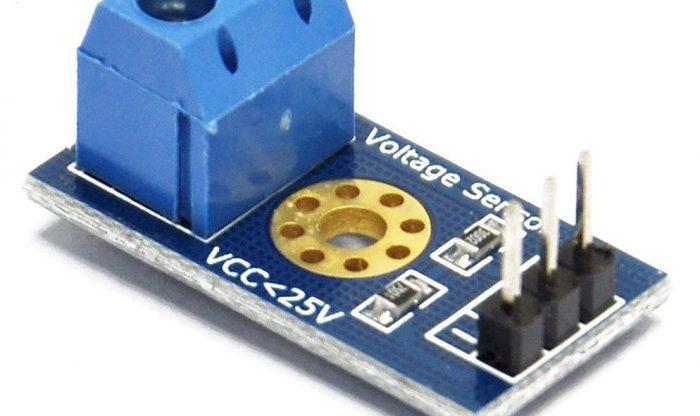
Another important part in car sensors list is the Voltage Sensor. This sensor manages the idling speed of the car and ensures the speed is increased or decreased as necessary.
With these many sensors, drivers might take a lot of money in order to purchase all of them, and some might not even that necessary for their needs. Experience car owners will only choose the sensors that are suitable for their vehicles, and with this article, you will now understand what your beloved car needs.
Car Sensors List
As car owners, knowing the function of these equipment is very important. In order for you to understand the definition and the function easier, here is a list of popular car engine sensors used in modern vehicles:
| STT | Sensor | Main Function |
| 1 | The Mass Air Flow Sensor | Calculates the density and the volume of the air taken in by the engine |
| 2 | The Engine Speed Sensor | Monitors the spinning speed of the crankshaft |
| 3 | Oxygen Sensor | Measures the amount of unburden oxygen presented in the exhaust pipe |
| 4 | Manifold Absolute Pressure Sensor | Measures the manifold pressure inside and outside |
| 5 | Spark Knock Sensor | Ensures that the fuel is burned correctly |
| 6 | Fuel Temperature Sensor | Ensures the right amount of fuel is injected to keep the motion smoothly |
| 7 | Voltage Sensor | Manages the car speed and ensures the speed is controllable |
EmoticonEmoticon